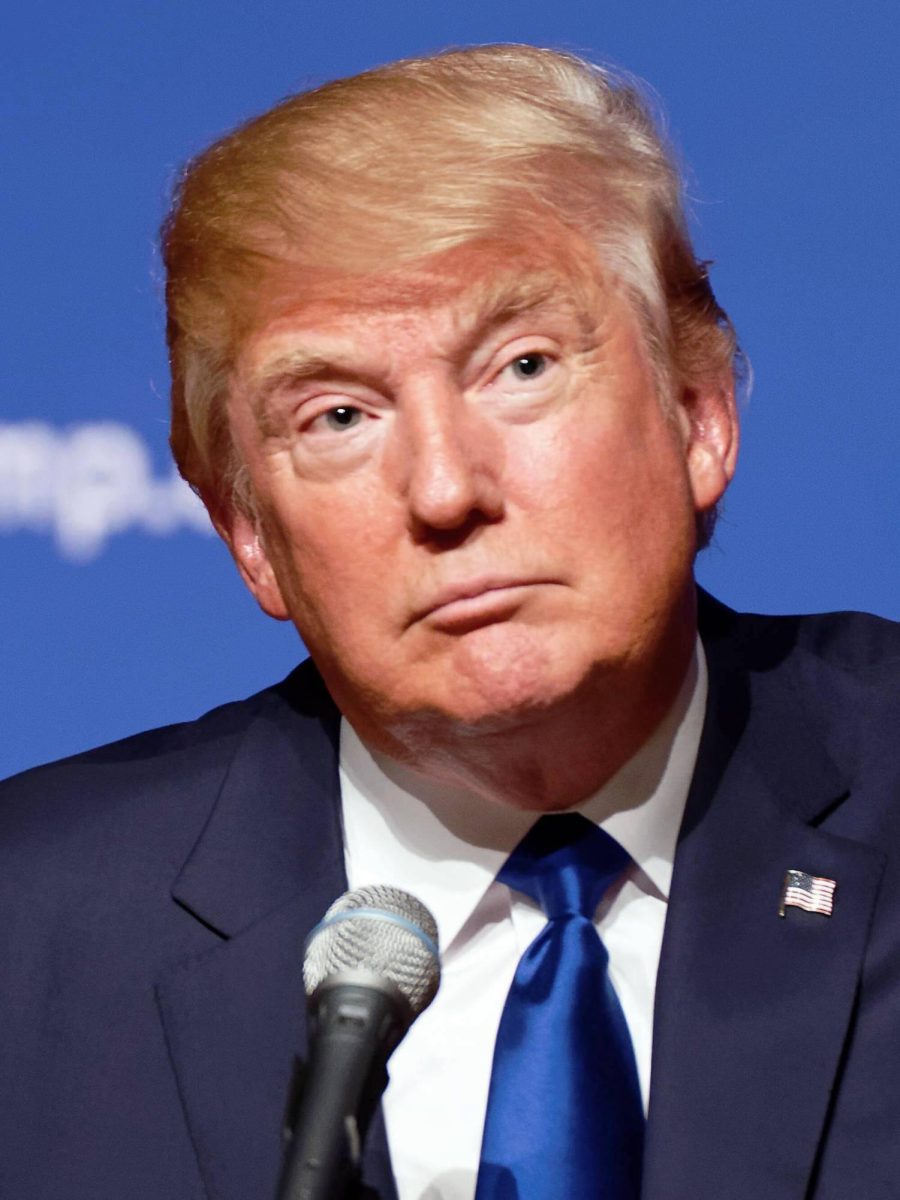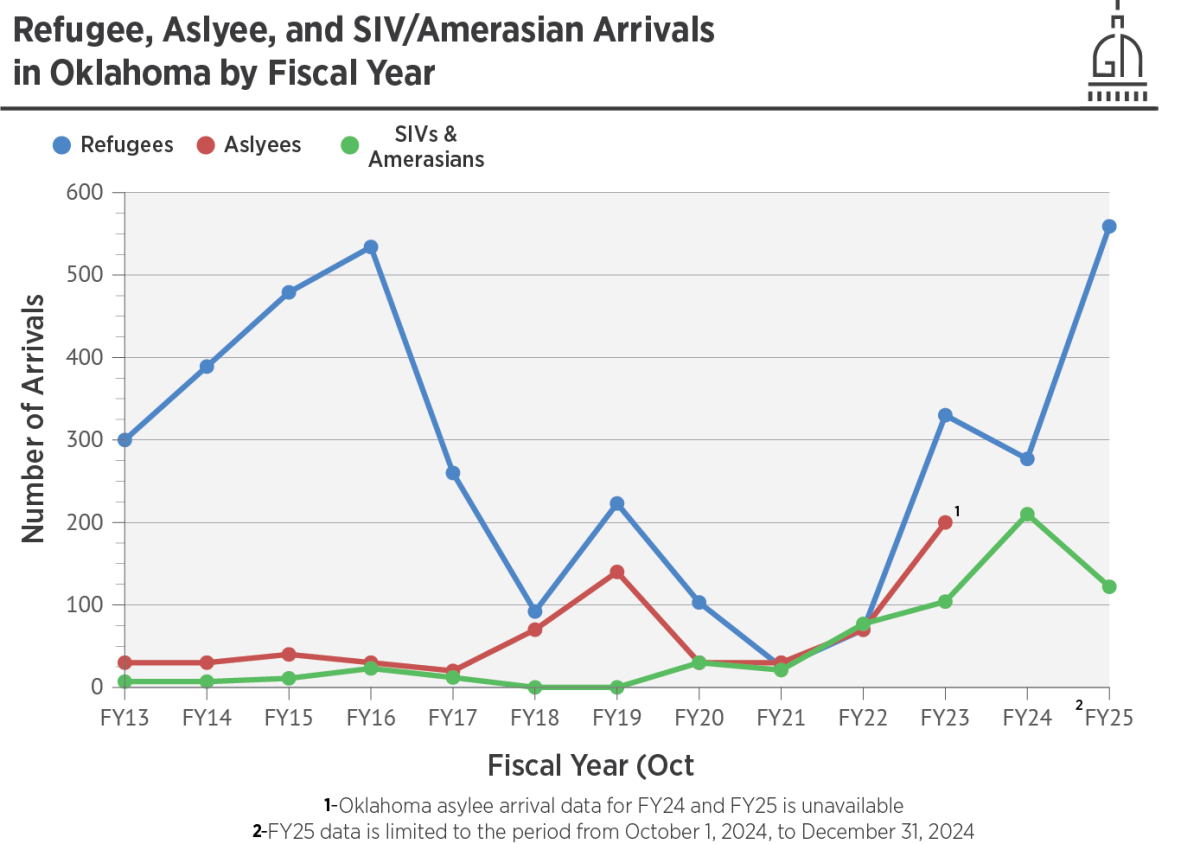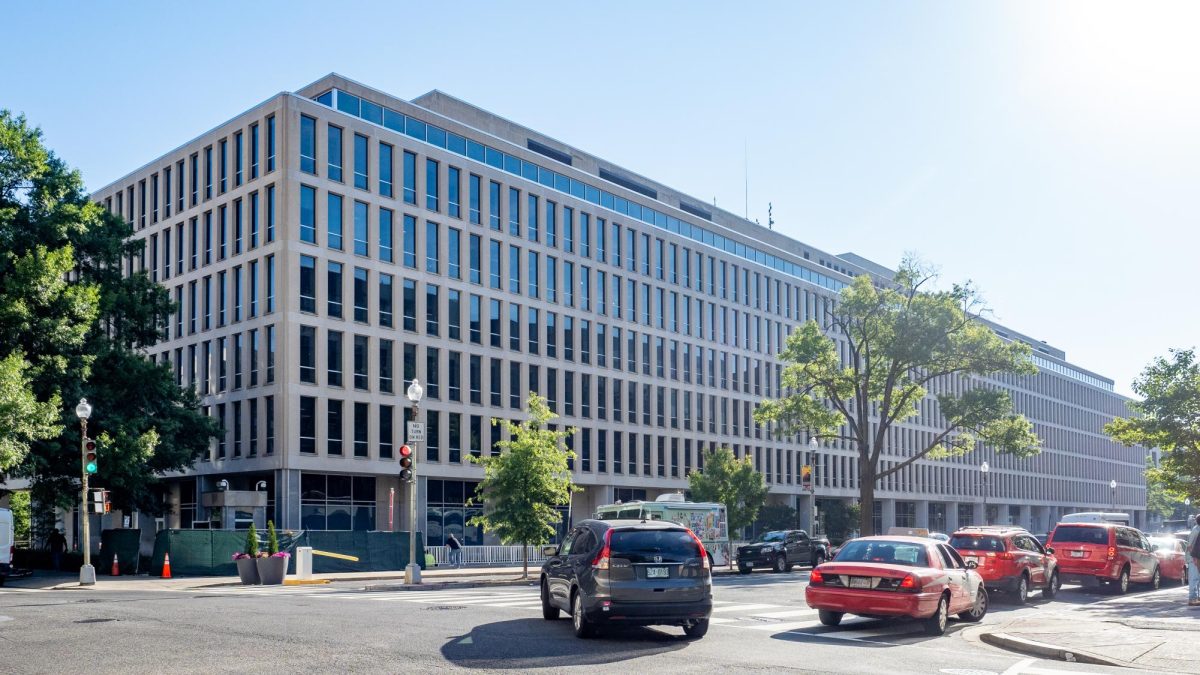Economics experts and top members of Oklahoma’s Congressional delegation are expressing concern about President-elect Donald Trump’s proposed tariffs on Canada, Mexico and China.
“I’m always concerned about how tariffs affect everybody in the United States,” House Appropriations Chairman Rep. Tom Cole (R-Moore) said.
A tariff is a tax on imported goods that could raise prices for consumers.
“It’s typically paid by the importer, and in most cases, that cost is passed back then to the consumer of those products,” Derrell Peel, an economics professor at Oklahoma State University, said. “If the tariff effectively raises prices, that may lead to reduced demand, reduced flow of the products which is sometimes the goal.”
“But again, it largely falls on the backs of the consumers who are using these products.”
Trump has proposed imposing a 25% tariff on Mexico and Canada and a 10% tariff on China.
Mexico, Canada and China are already responding to Trump’s potential tariffs. A spokesman for China’s embassy in Washington D.C., told BBC that no one will win in a trade war. Canada’s Prime Minister, Justin Trudeau met with Trump shortly after the potential tariffs were announced. Leaders of Canadian provinces have suggested they would impose their own tariffs.
“One tariff will follow another in response and so on, until we put our common businesses at risk,” Mexico’s President Claudia Sheinbaum said.
According to data from the Observatory of Economic Complexity, Oklahoma imported $9.02 billion in goods from Canada in 2023. China and Mexico are two of the three fastest-growing countries of origin for imports making their way to Oklahoma alongside Singapore.
Oklahoma’s agriculture industry could be hit by the tariffs as industry members commonly import inputs such as fertilizer from countries like China.
But imports aren’t the only part of the trading market that could be affected.
When tariffs are imposed on trade partners, they often respond in kind by imposing tariffs on American goods. These tariffs, commonly called retaliatory tariffs, are a concern for some economic experts in Oklahoma.
“What we see happen many times is you’ll see what we call a retaliation tariff. So if we put a tariff on Canada, Canada will put a tariff back on us. We actually saw that happen in, I think it was 2018,” Samantha Johnson, an economics professor at the University of Oklahoma, said.
“If we were to put a tariff on China, there is a very high likelihood they would put a tariff back on us. And we send a lot of soybeans and a lot of beef to China, which means that all these farmers that are producing soybeans, producing beef, now they don’t have somewhere to sell it to,” she said.
Oklahoma businesses and farmers depend on world markets, according to the Office of the United States Trade Representative.
In 2023, Oklahoma exports were worth $6.5 billion and accounted for 2.6% of the state’s Gross Domestic Product. As of 2021, exports supported an estimated 25,000 jobs in Oklahoma.
“In Oklahoma, especially with all soybean they just retaliate and then we lose those markets,” Brent Norwood, an economics professor at the University of Oklahoma, said. “We saw this last time when they did this especially with pork, China is one of our biggest consumers of pork and when they tariffed our pork you had farmers that had to slaughter their young pigs because they couldn’t afford to grow them to full term.”
“They just stopped taking our soybeans. We had to go to South America because unlike some goods, agriculture goods are: you plant, you grow, you harvest.”
According to the 2022 United States Census of Agriculture, soybeans are one of Oklahoma’s three most cultivated crops. In 2022 Oklahoma grew 400,675 acres of soybeans, 2.57 million acres of wheat and 2.77 million acres of forage crops which are grown for grazing, hay and silage. In 2022 Oklahoma sold over 7 million hogs and pigs.
During Trump’s first term his tariffs hurt hundreds of firms based in the United States a New York Federal Reserve analysis found.
Rep. Frank Lucas (R-Cheyenne) told Gaylord News that those in the agriculture industry are watching for the potential tariffs.
“We in Oklahoma are watching them carefully because we are agriculture producers.” he said.
It’s a significant problem “if we can’t sell our wheat and our cotton and or other commodities in the world market.
“We’re watching it closely to see how this evolves. President Trump has a very Donald Trump style, making big pronouncements and using them to maneuver issues. We’ll see if this is where we’re headed,” said Lucas who is viewed in Congress as the expert on farm policy.
With retaliatory tariffs on agricultural goods, small, rural communities are hit hard, OU’s Norwood said.
“You’re just going to see this once again, we planted last spring and now we’re growing it and now we’re harvesting it, what do we do with it? Because no one wants to take it anymore,” Norwood said.
Kevin Eagleson is reporting from Gaylord News’ Washington bureau this fall as part of an OU Daily scholarship.
Gaylord News is a reporting project of the University of Oklahoma Gaylord College of Journalism and Mass Communication. For more stories by Gaylord News go to GaylordNews.net







